SUMMARY
This is AI generated summarization, which may have errors. For context, always refer to the full article.
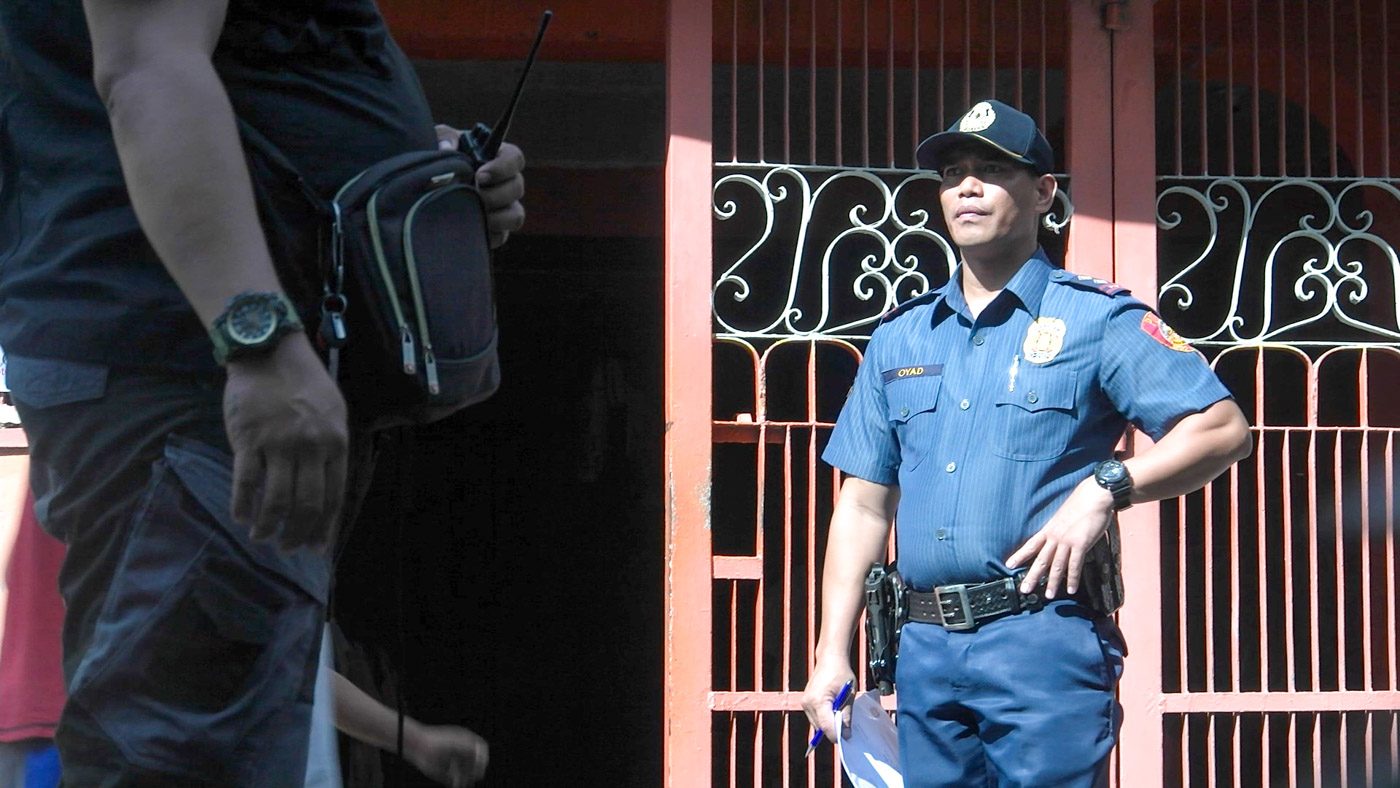
MANILA, Philippines – Republic Act 10973, signed by President Rodrigo Duterte on March 1, bestowed subpoena powers on the Philippine National Police (PNP), allowing it to order anyone to appear, testify, and present evidence, as long as these will aid an investigation.
“The Chief of the PNP and the Director and the Deputy Director for Administration of the Criminal Investigation and Detection Group shall have the power to administer oath and issue subpoena and subpoena duces tecum in relation to its investigation,” says the new law.
To prevent abuse of power, the law stipulates at least 4 limits in issuing the powerful document:
- Subpoena powers are non-transferrable
- Subpoenas must be issued for an ongoing investigation
- Subpoenas must contain the “nature and purpose of the investigation”
- Subpoena duces tecum must contain “a reasonable description” of documents and evidence ordered
Despite these provisions, however, human rights lawyers still point out that dangerous room for abuse still exists. The law may have been passed too soon, they warned.
PNP chief Director General Ronald dela Rosa addressed these concerns with a promise.
With his and CIDG chief Director Roel Obusan’s right hand raised high, they swore on Monday, March 12, not to abuse their new powers. No violation of human rights will be committed, they pledged.
LOOK: PNP chief Ronald dela Rosa and CIDG chief Roel Obusan raise their right hands, vowing no abuse will happen in issuing subpoenas. pic.twitter.com/MuOYyOnNGQ
— Rambo Talabong (@rambotalabong) March 12, 2018
Not a new power
However, despite the theatrics of the country’s top cop to prove his sincerity, there is basis for the fear of human rights lawyers. The present law bears a striking resemblance to an instrument of repression used excessively during Martial Law.
The police first acquired this vast authority when the late dictator Ferdinand Marcos – usurping the powers of the executive, legislative and judicial branches of government – issued in 1975 Presidential Decree 765 which created the Philippine Constabulary and the Integrated National Police (PC-INP).
During that dark period, the PC earned notoriety for rounding up and torturing thousands of political activists. The most dreaded units were the 5th Constabulary Security Unit (CSU) and the Metrocom Intelligence and Security Group (MISG).
Under the set-up provided for by PD 765 the PC handled serious crimes, while the INP was tasked with public order and safety. The two had parallel offices in regions, provinces, and major cities.
Section 12 of the Marcos order reads like the current RA 10973 itself: “The Chief of Constabulary or the subordinate official he may authorize, shall have the power to issue subpoena and subpoena duces tecum in connection with the investigation of cases cognizable by the Integrated National Police.”
Back then, the PC-INP authorized its Criminal Investigation Service (CIS) to issue subpoenas. The CIS was the forerunner of today’s CIDG.
It’s this past experience that no less than police-generals-turned-lawmakers Senator Panfilo Lacson and House Representative Romeo Acop cited when they backed the bills that led to the new law. Both held high law enforcement positions during the PC-INP era. Lacson was the commander of the Cebu Metropolitan District Command, a support unit that focused on high crimes, while Acop headed the CIS National Capital Region.
Mostly for CIDG cases
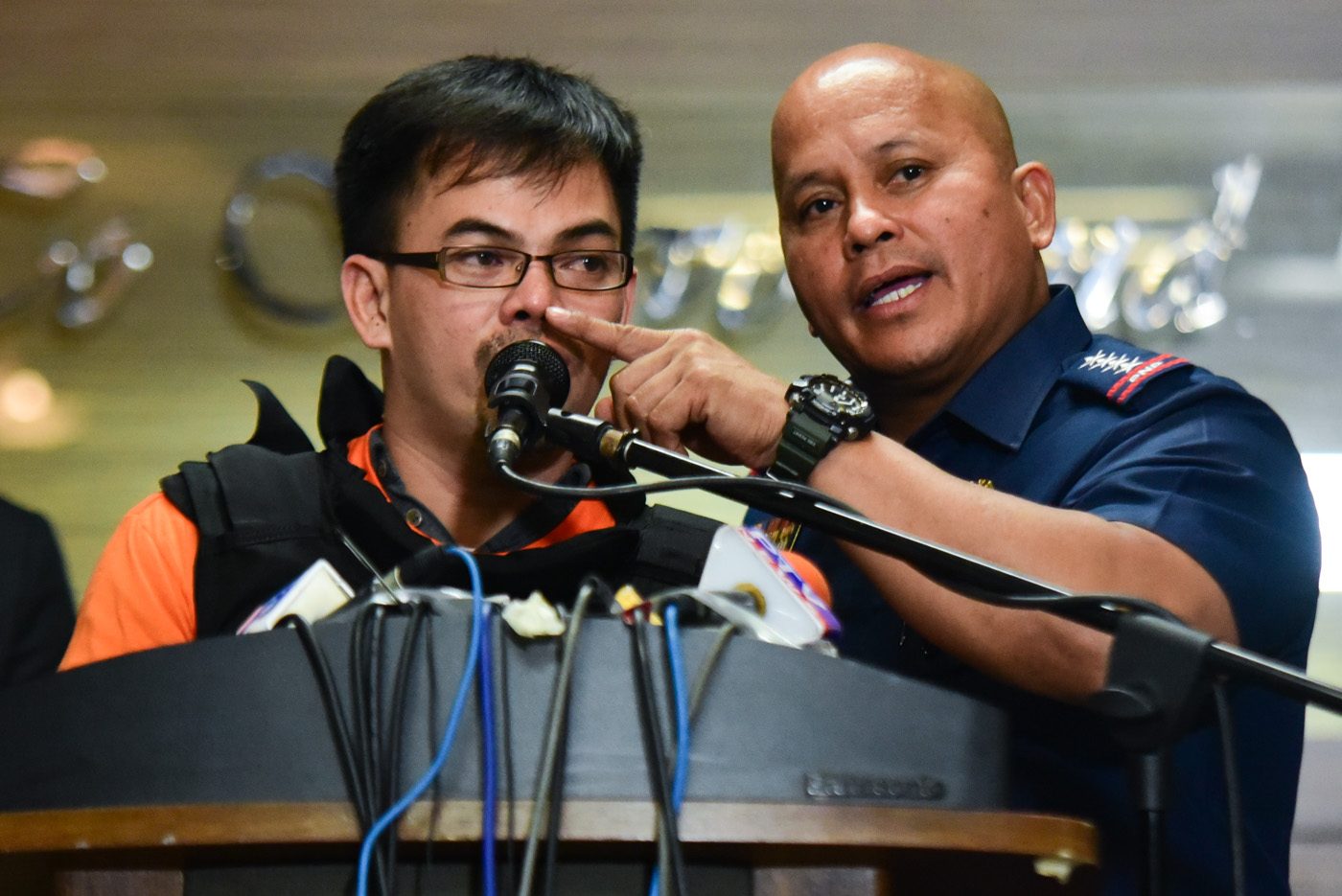
As they shied away from issuing guidelines, Dela Rosa and Obusan dropped a few hints during a two-hour, Camp Crame press conference on March 12, on how they would implement the law.
With subpoena powers today, the PNP can easily order witnesses to present themselves, complete with sworn testimonies and evidence. Given that the PNP has thousands of cases under investigation, it only makes sense for it to use these new powers to speed up investigations.
But, Dela Rosa and Obusan explained, it’s not going to be that simple,
According to the police generals, they will issue subpoenas only if the need arises in high-profile or sensational cases under the CIDG. These include economic sabotage, grave violations of the Penal Code, and cases that pique public interest.
Cases that have been pursued by the CIDG in the current administration include the arrest of self-confessed drug lord Kerwin Espinosa, the probes into the drug war killings of teenagers Kian delos Santos and Carl Arnaiz, and the ill-fated deployment of overseas Filipino worker Joanna Demafelis.
The CIDG alone, the PNP chief said, has a huge backlog of cases that have gone “cold” from uncooperative witnesses and persons of interest.
Investigators in local criminal cases can request his office for subpoenas, Dela Rosa said, but they would have almost no chance of securing summons. A better recourse would be the courts, he added.
The PNP chief said he would not authorize subpoenas whenever the CIDG’s top two officials are available.
PNP chief as first and last resort
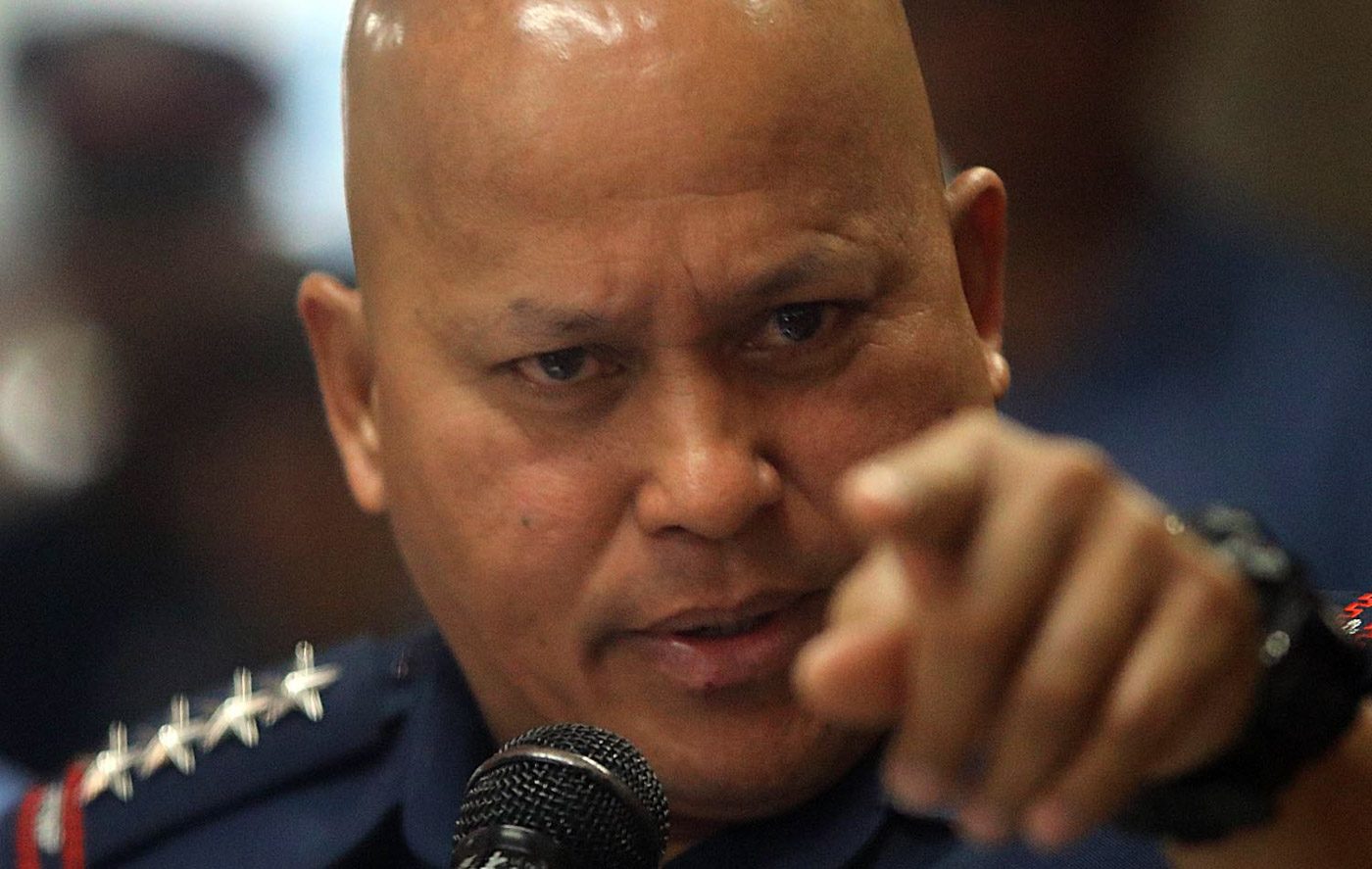
Dela Rosa said he would sign subpoenas only under “extreme circumstances.”
“As long as CIDG is functioning, I will not avail of that power. The reason I was placed there with the deputy [director for CIDG] is, in case the CIDG director is out of the country or is sick,” Dela Rosa said in a mix of English and Filipino on Monday.
If, according to Dela Rosa, the CIDG chief is out of the country, he would also rather have his deputy sign subpoenas. This means that he would sign subpoenas only when the top two officers of the CIDG are unreachable.
Though he said he would not sign subpoenas himself, Dela Rosa, however, would still need to approve the subpoenas that Obusan or his deputy signs.
The PNP chief pointed out this was part of the chain of command, which stipulates that PNP directors should keep the PNP chief “in the loop.”
“They are liable for not following the chain of command, because they issued a subpoena without asking permission from me…They can at least text me, ‘Sir, I will subpoena this, or that’,” Dela Rosa said.
Subpoena in the drug war
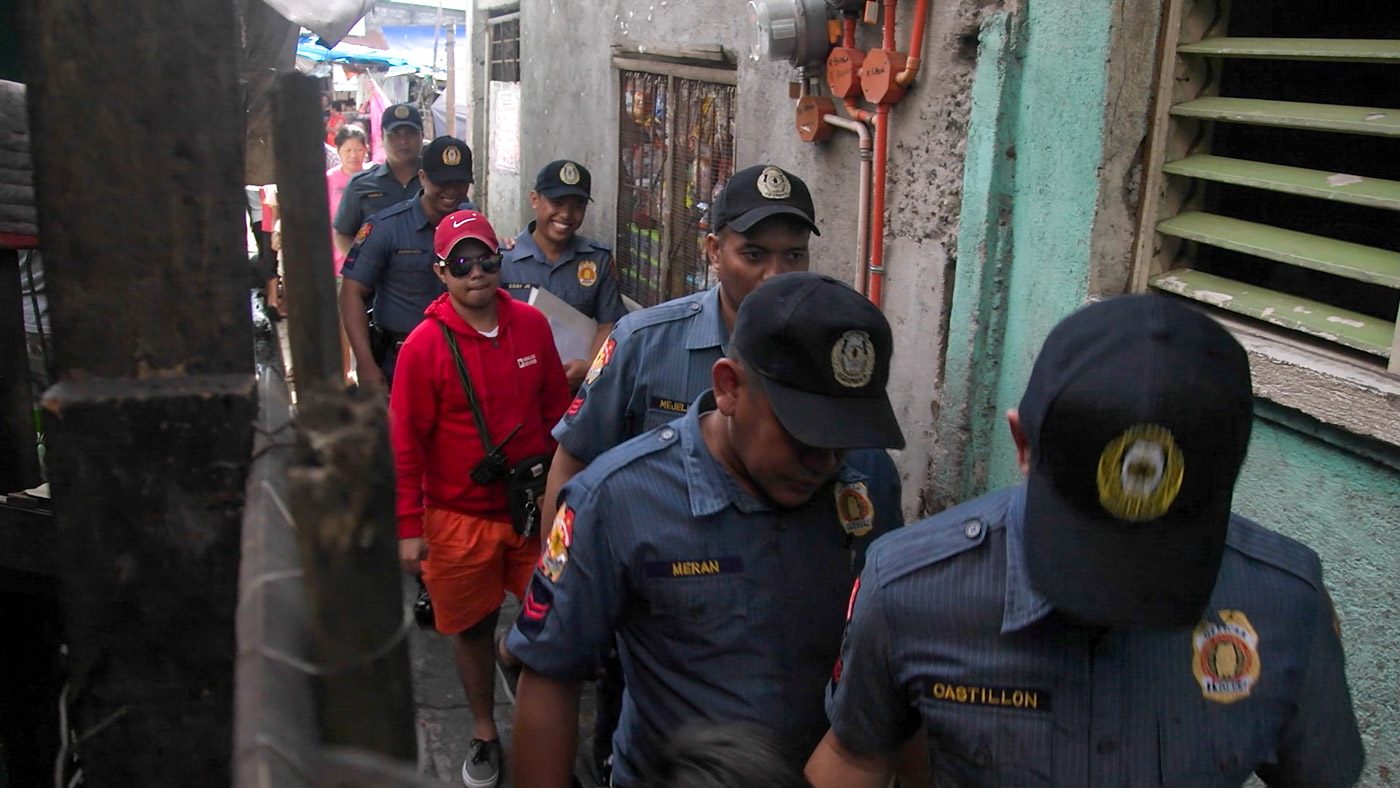
The approval of the police subpoena law comes on the heels of the PNP’s third try at President Rodrigo Duterte’s landmark anti-illegal drugs campaign.
The PNP is already approaching its second year of implementing Oplan Double Barrel, which cracks down on both street-level drug users and pushers (lower barrel through Oplan Tokhang), then drug lords and narco-politicians (upper barrel through Oplan High-Value Target or HVT).
The PNP officials said the subpoena will hasten their netting operations against high-value targets, as most of these big cases are handled by the CIDG. HVTs also include government employees, entertainment celebrities, and other public figures.
It is unlikely subpoenas will be used with Oplan Tokhang, Dela Rosa admitted. He pointed out visitations are for sound police-community relations and not intended to investigate drug suspects. Issuing a subpoena would erode goodwill.
The subpoena may be used for case build-ups for buy-bust operations or drug raids. However, Dela Rosa again pointed out that these are small cases that would likely not reach the tables of the PNP’s subpoena-issuing officials.
“That would already depend on the strategy of the one handling the case buildup if they need a subpoena. But they wouldn’t be able to use it because, again, we are only 3 who can issue,” Dela Rosa added.
CIDG chief Obusan ruled out a scenario where they would ask a drug suspect to present himself to the PNP and bring damaging evidence as they would logically invoke their right against self-incrimination.
“Puwede ba yun? Incriminate niya ang sarili niya? Hindi puwede ‘yun,” Obusan said. (Is that possible? That one would incriminate himself? That’s not possible.)
Conscience enough?
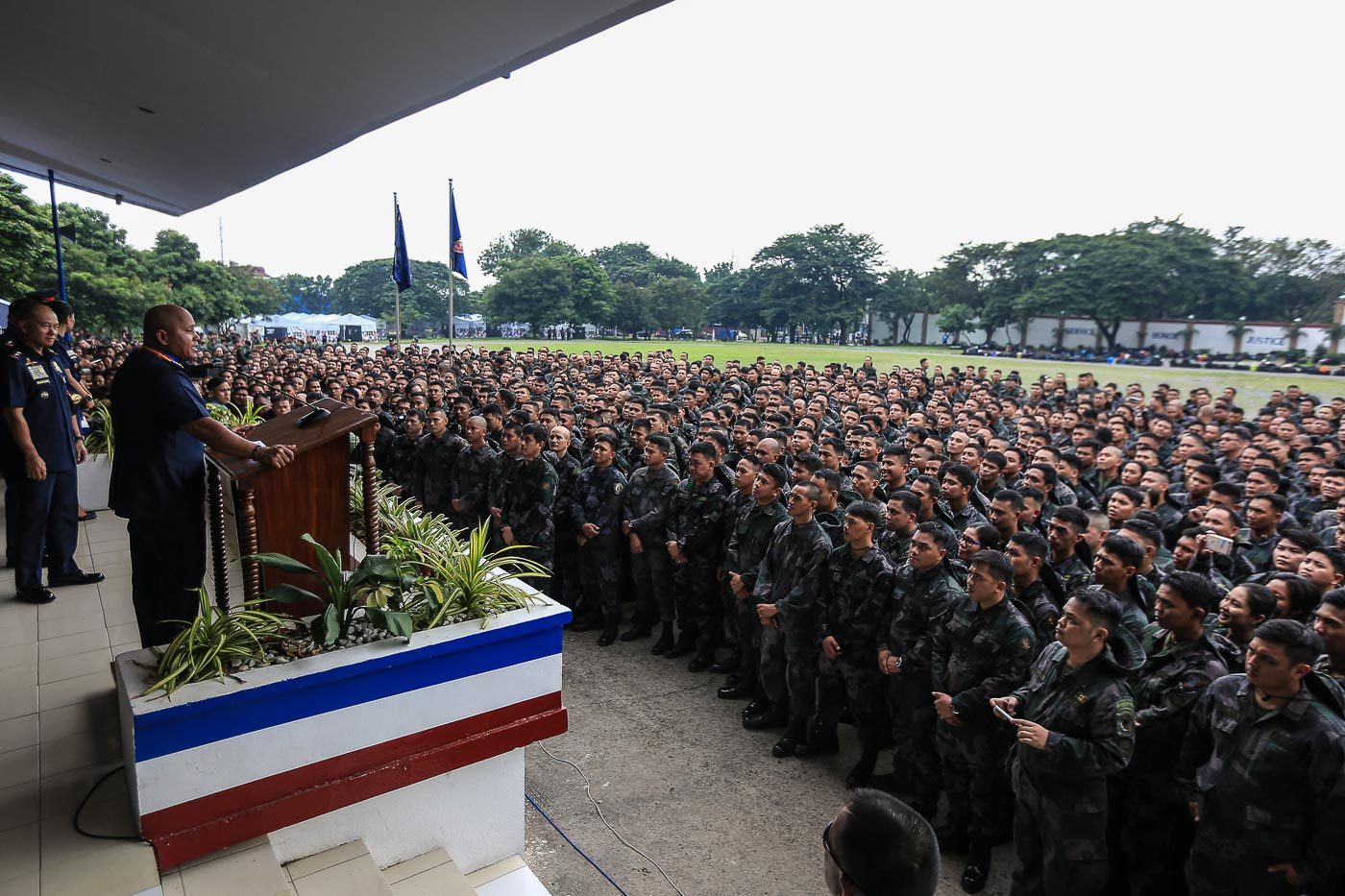
One of the criticisms human rights lawyers raised against RA 10973 is the apparently superfluous subjectivity it affords PNP officials.
The law only says cops need to employ “reason” to decide which witnesses and evidence they would deem “relevant” enough for a summons.
“Anything that is relevant – that is very, very broad. It is very subjective, who will say what is relevant and what is not relevant?” human rights lawyer Edre Olalia asked earlier in an interview with Rappler.
As the PNP chief has said, it’s ultimately the subpoena-signing official guided by his own conscience.
Why haven’t been there any policy changes? Dela Rosa pointed out that RA 10973 did not require the PNP to craft implementing rules and regulations, so they deemed it unnecessary.
For now, the top cop is asking for the public’s trust and confidence in their national police, just as he had repeatedly done in the war on drugs.
“I swear before God, and people, and media. I will never abuse this power,” Dela Rosa said. – Rappler.com
Add a comment
How does this make you feel?





There are no comments yet. Add your comment to start the conversation.